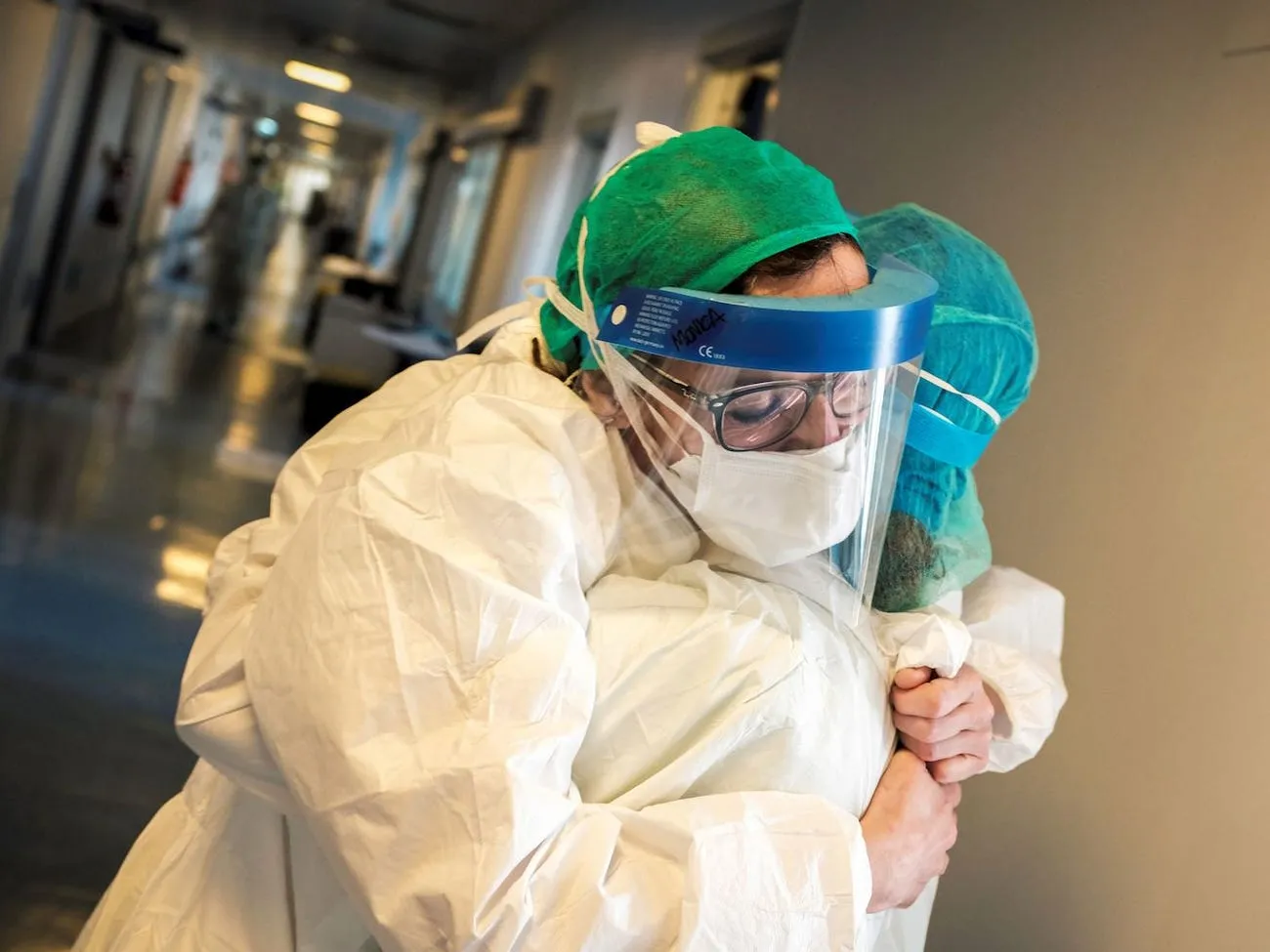Table of Contents
In times of alarm, we seek information. It’s what all sentient beings do, whether human, ape, elephant, or hyena; and we reciprocate, communicating our own knowledge or perception of a situation in return, sometimes adding to the veracity of the information, sometimes detracting from it.
Alarm sells; that’s a fact. It’s manna from heaven for information providers who sadly, but increasingly, seek to exploit alarm or, worse, create it needlessly. Notably, and obviously, many of our mainstream media providers are donkey-deep in this farce – happy runners in the fake-news steeplechase. They care not a whit for collateral damage: the erosion in the credibility of their masthead or trust in their industry which, despite a small up-kick during 2019, sits at historic lows in the English-speaking nations. Below to well-below 50% of the public express confidence in the news.
But credit must be given where it’s due, and by ignoring the dross, much coverage of the Covid Catastrophe has been forthright, factual and informative. The egregious, ridiculous examples of the hyperbolic and hysterical exist, contributor Danny excoriating such an example on the 28th of March, but the overall narrative track is still very alarmist, simply because it sells better.
The counter-stories are out there from credible sources, but in this atmosphere, we need to seek them out. No one will bring them to us during the lock-up alarm; we have to go and get them.
For example: following Stuff’s story from the example previously mentioned we are led to a report from respected contagious disease researchers based at Imperial College London whose work heavily influenced both the British government and ours, and which report’s conclusions and recommendations have been heavily covered by news media, and that’s fair enough because it’s those which have significantly shaped our present predicament.
What we have heard not nearly as much about were the murmurs expressed within the scientific community of shortcomings of the Imperial College, and other, reports the UK, and therefore we, relied on following their public release on March 20th.

Remarkably, nor does it seem newsworthy to our media doom-spruikers to convey the somewhat reassuring headline that the UK has downgraded the health risk of Covid 19, removing it from the “High Consequence Infectious Diseases” (HCID) list on March 19th.
“The 4 nations public health HCID group made an interim recommendation in January 2020 to classify COVID-19 as an HCID. This was based on consideration of the UK HCID criteria about the virus and the disease with information available during the early stages of the outbreak. Now that more is known about COVID-19, the public health bodies in the UK have reviewed the most up to date information about COVID-19 against the UK HCID criteria. They have determined that several features have now changed; in particular, more information is available about mortality rates (low overall), and there is now greater clinical awareness and a specific and sensitive laboratory test, the availability of which continues to increase.”
The important theme in both the criticism of Imperial College’s work and the risk downgrade by the UK government is – “testing”. There was a lack of actual test results to guide the Imperial College report, therefore no real-world base to launch their predictions and scenarios. From New Scientist:
“But there is barely a mention of widespread testing, despite the WHO director general’s pleas to all countries to “test, test, test”.
And in the case of the risk down-grade an increasing tally of test results presented a more stable, reliable and realistic measurement of the virus’s effects.
None of this will change our situation. The current home-detention will run its course, but in the wash-up which must come, a $20B hole in our economy cannot be covered up. But it is testing that will be our health ministry’s Achilles heel: more specifically, the lack of it.
The prime minister, bless her, is not stupid enough to have adopted the reassuring laid-back approach she took to the disease outbreak without the advice of the top officials at the Ministry, who appear to have based decision-making on the false premise that absence of evidence is evidence of absence: it most surely is not! They did not have evidence because they were not seeking it. They were not doing enough testing of arrivals, of community spread, until far too late, until we had contagion. The spotlight needs to be turned on the shortcomings of those people when the inquiry inevitably comes.
If you enjoyed this BFD article please consider sharing it with your friends.









